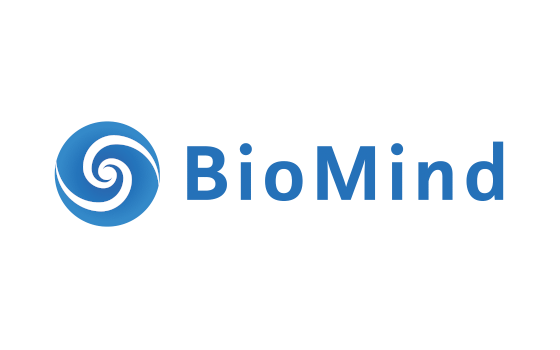 The COVID-19 outbreak has been declared a pandemic by the World Health Organization, causing huge impact on people's lives, families and communities. With the increasing number of infections each day, combining assessment of CT imaging scans with clinical findings could facilitate early diagnosis of COVID-19 Pneumonia, thus allowing for early intervention.
The COVID-19 outbreak has been declared a pandemic by the World Health Organization, causing huge impact on people's lives, families and communities. With the increasing number of infections each day, combining assessment of CT imaging scans with clinical findings could facilitate early diagnosis of COVID-19 Pneumonia, thus allowing for early intervention.
The renowned Hôpitaux Robert Schumann (HRS) in Luxembourg and their radiology department have collaborated with an artificial intelligence (AI) company, BioMind, to participate in research and test an AI solution that can help to speed up the detection of pneumonia-related virus carriers.
This research aims to use AI to analyse CT scans and screens for COVID-19 amongst other types of pneumonia. AI is known for its speed in analysis. If the whole process from scan to reporting can be achieved within seconds and with good accuracy, this can significantly enhance the work of radiologists during the pandemic. The research collaboration will focus on validation of the AIsolution.
"In addition to the detection of COVID-19 lung damage, if this algorithm can allow us to quantitatively and objectively assess the lung volumes affected and their evolutionary monitoring over time, this can positively impact on the better management of our patients," says Dr. Niedercorn, Chief Radiologist at HRS.
One particular function that the Hôpitaux will be testing out is the triage tool. The collaboration aims to determine its effectiveness in flagging out severe cases and provide quantitative analysis automatically. This may help ensure optimal utilisation of resources as the limited time of medical staff meant that they should focus on patients who are most in need. The trial shall determine how useful AI can support the work in a radiology department. The idea is not to replace the radiologist but to help him or her work more efficiently. The radiologist remains the one who is doing the diagnosis in the process," says Dr. Damien Dietrich, Medical Director in charge of Digitalization at HRS.
This application is undergoing testing in a research setting. A successful validation and a quick roll-out could provide one more tool to fight against the coronavirus pandemic.
For further information, please visit:
https://biomind.ai
About BioMind
BioMind is an award-winning Artificial Intelligence (AI) company offering advanced technology solutions in healthcare industry.We pride ourselves in empowering the healthcare community through deep technology. Driven by a large team of machine learning engineers, regulatory experts and medical professionals from prestigious hospitals, we envision to scale healthcare expertise globally using AI.
BioMind has also been crowned the Champion in both the Techblazer Award 2019 and 19th Asia Pacific ICT Alliance Award. These highest accolades both nationally and internationally for ICT innovation are strong endorsements of how our technology can deliver unprecedented benefits to people.